


Obsessive-Compulsive Disorder (OCD) is a disorder of the mind where the individual gets recurring thoughts of doing the same tasks repeatedly. These could be washing hands, cleaning dishes, swabbing the floor, biting nails, etc. Such feelings or sensations are referred to as obsessive and its irresistible nature makes it compulsive to perform.
OCD comprises both obsessions and compulsions. Anyone suffering from this doesn’t realize the excessiveness or the unreasonableness of these symptoms, but they end up interfering with one’s daily routine and are time-taking because they are done repeatedly.
The most common symptoms of OCD are:
Though doctors aren’t sure why people suffer from OCD, yet it is certainly heightened by stress. Also, women suffer from it more than men do. And those in their teens and adults suffer from it.
The risk factors for OCD include:
The three types of OCD are:
Primarily Obsessional:
Here, the individual experiences persistent and recurrent thoughts about tasks to be done.
Primarily Compulsions
The individual indulges in repetitive behaviors like counting, checking often, and hand washing.
Both
Both types described above
OCD can be treated with medical support. In some cases, the mental disorder may not be completely cured but it could reduce the severity of the symptoms so that they don’t overtake the individual. Psychotherapy and medications are the best treatments for OCD when given in combination.
Psychotherapy:
Cognitive Behavioral Therapy (CBT) is most effective for those with OCD. Patients control their anxiety with this therapy.
Medication:
Doctors prescribe medication that controls one’s compulsions and obsessions, generally antidepressants.
The Bellevue and Richland parts of Washington are proud to be home to perhaps the best institute for mental health issues in these parts, the RHS. Patients suffering from the widest range of mental disorders are given appropriate treatment. This is possible, say medical experts, if doctors have the right tools and therapies to treat the most complex of cases. A selfless work ethic at the RHS makes it distinctive. Dedicated service and integrity continue to be their guiding principles for everlasting success.
“If you’re currently experiencing a mental health crisis, suicidal feelings, and/or homicidal feelings, please contact 911 or your nearest Crisis Response Unit (Tri-Cities: 509-792-1747 & Bellevue: 206-461-3222).”

ADDRESS:
1446 SPAULDING AVE, STE 303
RICHLAND, WA 99352
PHONE:
(509) 420-5060
AFTER HOURS:
(509) 845-4515
FAX:
(509) 420-5059
HOURS:
Monday - Saturday: 9am - 6pm
Sunday: Closed

Copyright © RHS Health 2023
Designed & Developed by mokshamedia